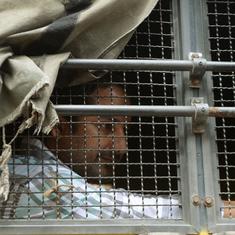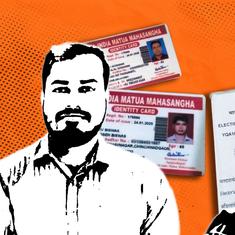The Supreme Court on Friday allowed passive euthanasia, or withholding medical treatment to allow a terminally ill patient to die. The court said human beings have the right to die with dignity, ANI reported.
The five-judge Constitution bench headed by Chief Justice of India Dipak Misra said passive euthanasia is permissible with guidelines. The bench said life support can be withdrawn only after a statutory medical board declares a patient incurable.
The top court also sanctioned living wills – documents by which patients tell doctors what kind of medical treatment they would like in case of a serious illness. It issued guidelines to govern the execution of a living will and administering passive euthanasia in the absence of living wills.
A five-judge Constitution bench of the Supreme Court, headed by Chief Justice of India Dipak Misra passed the order allowing passive #Euthanasia with guidelines
— ANI (@ANI) March 9, 2018
The court was hearing a petition filed by the NGO Common Cause, which sought direction to recognise living wills. The petition contended that when a medical expert says that a person with a terminal disease was not curable, the patient should be given the right to refuse being put on life support.
The petitioner had argued that the right to die peacefully and with dignity is part of the Right to Life guaranteed under Article 21 of the Constitution.
During a hearing in October 2017, the Centre had argued against allowing living wills on the grounds that they could be misused. The government only conceded that such documents may be one of many factors that a board of doctors might consider in allowing passive euthanasia.
Euthanasia may be active or passive. Active euthanasia involves giving a person a lethal substance to help end his or her life. It is illegal in India and amounts to murder.










